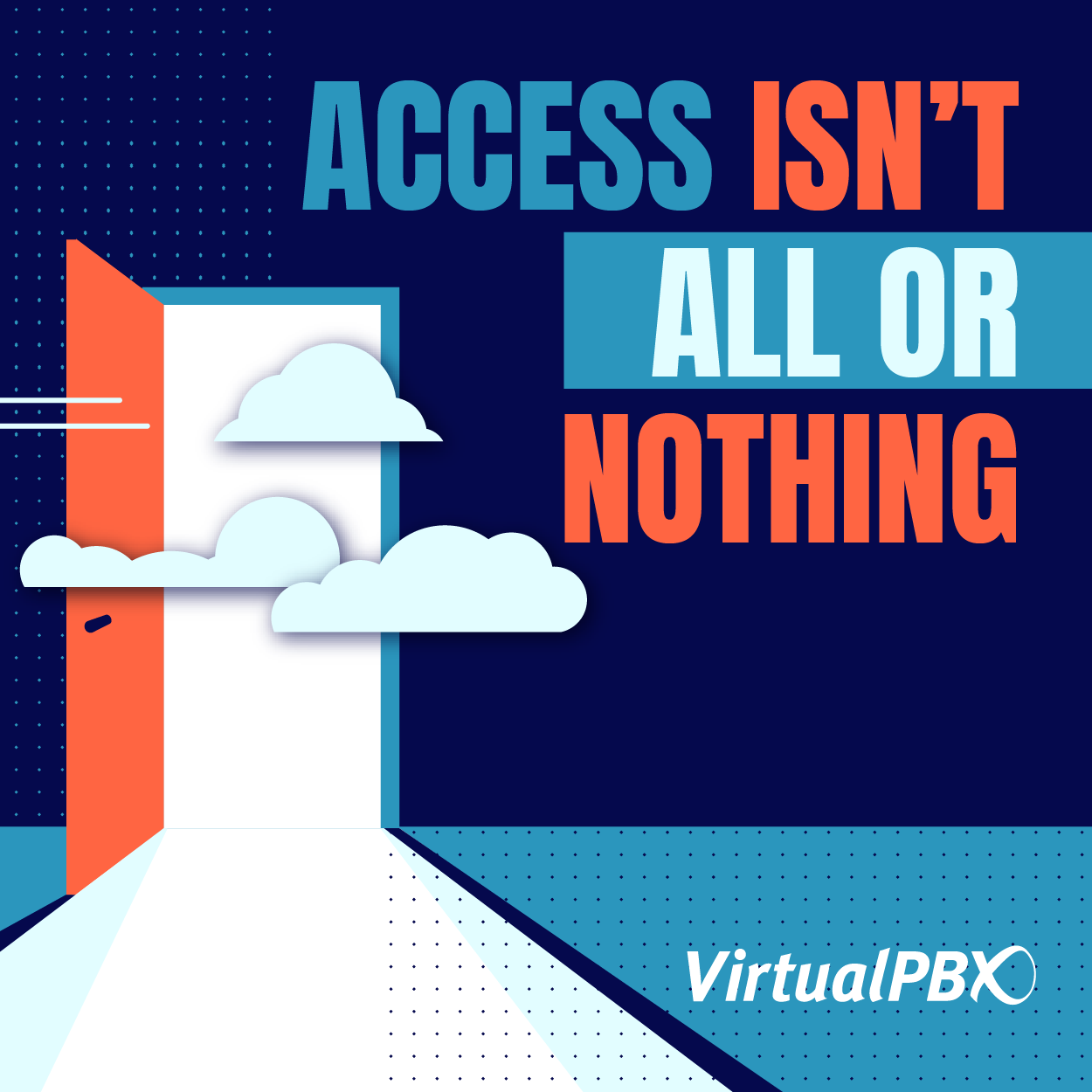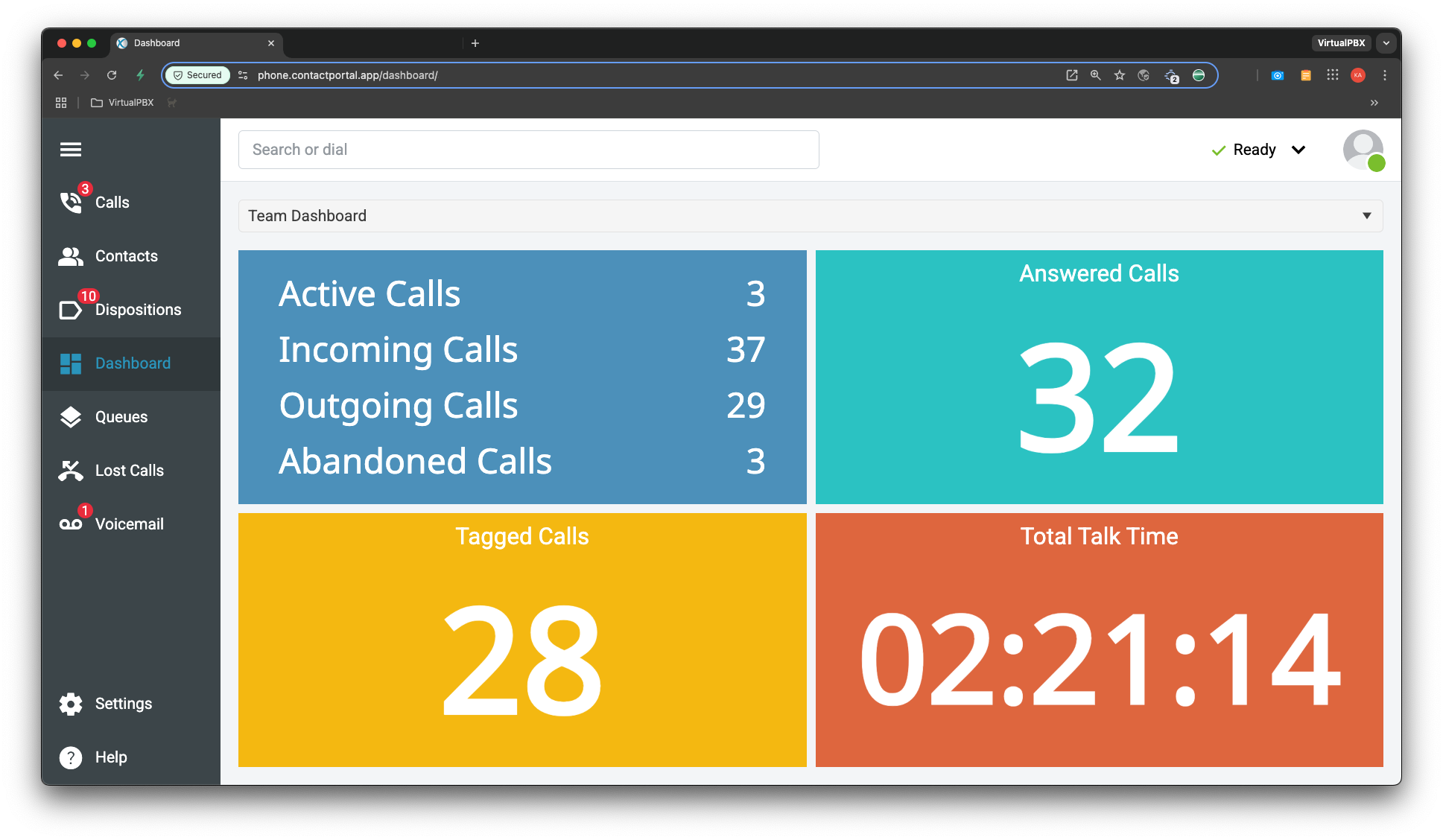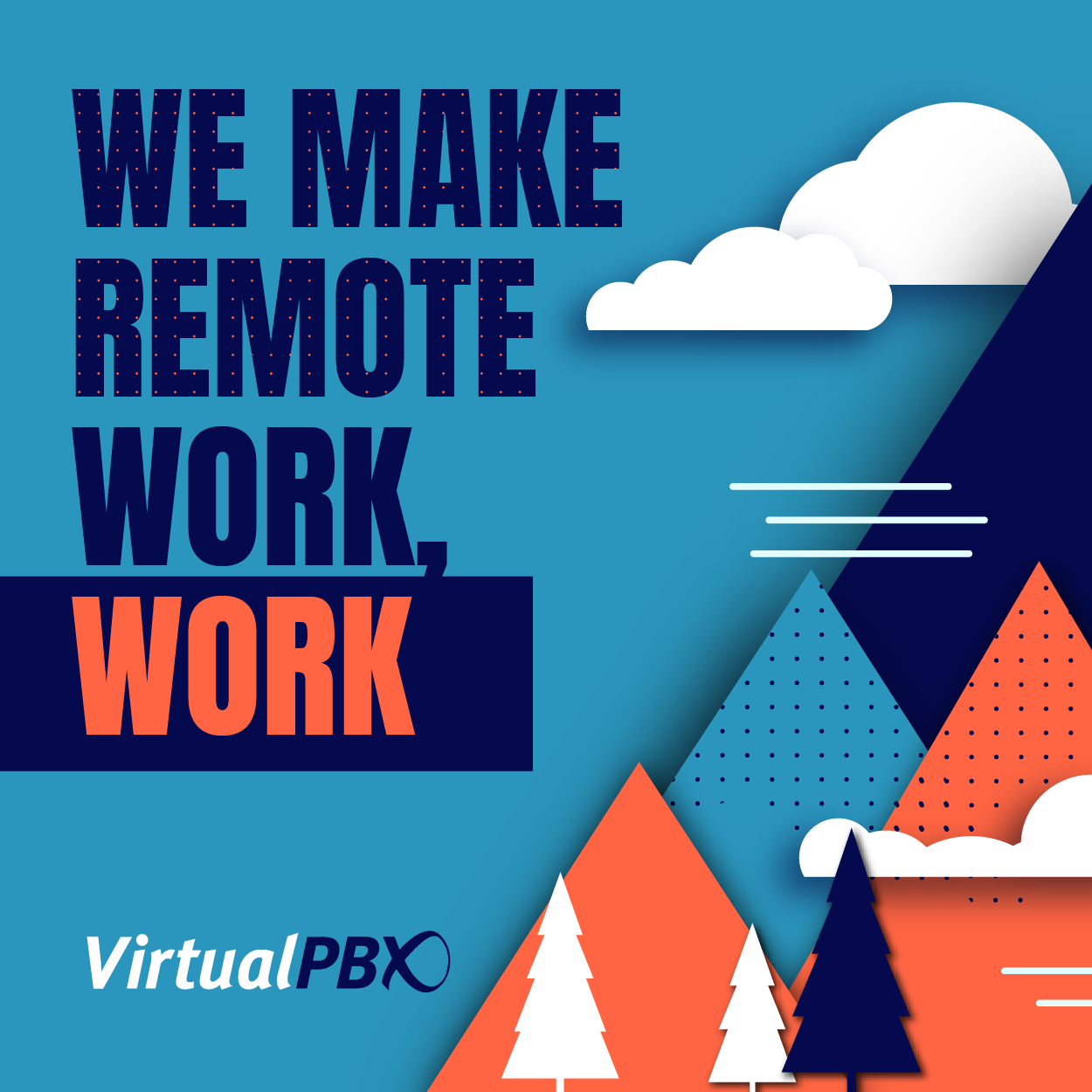Press
Virtual PBX® Announces Major System Upgrade
new capabilities available immediately at no additional cost
SAN JOSE, CALIF. (April 16, 2007) – VirtualPBX, inventor and leading supplier of hosted PBX services, today announced new capabilities for its industry-leading virtual phone offerings. The latest features include improvements in Automatic Call Distribution (ACD) queue management, message handling, user training, and system customization. The upgrade is immediately available to both new and existing users for no additional charge.
“Our latest enhancements provide management and customization capabilities never before available in a hosted PBX system,” said Paul Hammond, CEO of Virtual PBX. “We now offer distributed workforces and call centers an unprecedented level of management control with our new ACD queue administrative roles. Now, more than ever before, companies of any size can get the benefits of an enterprise-level phone system without the expense and hassle of a hardware PBX.”
Virtual PBX’s target markets are small companies and firms with distributed workers, such as telecommuters. Incoming calls are answered by the Virtual PBX system and then routed, per caller selection, to an employee or department in any location. The original “virtual office” phone system does not require employees to work in the same office together – adding flexibility to staffing and enabling client businesses to reduce office expenses. No hardware or software is needed at client sites, reducing capital and maintenance costs and IT staffing.
new features
ACD Queue Administrative Roles – Traditionally, extending ACD queue management rights meant granting administrator rights over the entire system. Virtual PBX has now added three middle-tier management roles, allowing clients to grant employees selected administrative rights for specific ACD queues without giving up full system management capability. The new roles are:
1. Queue Monitoring. Users assigned this role can monitor, in real time on the web, which agents are logged into the queue, when they logged in, if they are on a call, how long it has been since they have received a call, and which have logged out or marked their extension as unavailable. If callers are on hold, the queue monitor will indicate how long they have been on hold and what number they are calling from. Real time monitoring helps queue administrators stay on top of agent activity and increase the efficiency and responsiveness of their teams. This is especially important in a distributed work environment.
2. Queue Management. Grants the ability to log agents in and out of the queue and to re-assign skill ranking for skills-based queues. Skills-based ranking allows calls to be routed to agents with the highest ranking first, rather than just sending the calls to a list of phone numbers randomly.
3. Queue Configuration. Administrators can control basic queue operation, such as hold music selection, caller hold time limits, queue wrap-up time, and how long to try an extension before routing a call to a different agent.
Any of these administrative rights can be granted separately or together for any employee, and can be configured differently for different queues.
Queue Wrap-up Time – In a busy call center, agents often find their phones ringing as soon as they hang up from the previous call. With Virtual PBX’s Queue Wrap-up Time, queue administrators can give agents time to finish details from the last call before the phone rings again. The amount of time can be customized for each queue.
Message Handling – Voicemail and faxes received by the system can be forwarded to an email address or as an SMS text message to a cell phone. Virtual PBX’s new Message Handling page lets extension owners choose more locations for routing and allows different routing options for voice messages versus fax mail.
Ring Duration – Virtual PBX clients can customize the amount of time a phone rings before the system tries another number. In addition, extension owners can be granted the right to select the ring duration separately for each phone number in their “follow-me” list.
Outside Transfers – With this release, Virtual PBX clients can transfer incoming calls to phones outside the system, in addition to transfers to extensions within the system. Transfers can be made within a building, or across the nation, even though the sender and receiver are not on the same phone system.
about virtual pbx
Virtual PBX® pioneered the hosted PBX market, introducing the first service of its class in 1997. Virtual PBX utilizes the public switched telephone network and the internet to provide PBX functionality as a hosted service. The three primary customers for Virtual PBX services include small businesses that want full PBX functionality without the capital and support expense of installed equipment; companies of any size that need to route calls to telecommuters or other employees outside of a main office; and enterprises looking for phone system disaster recovery solutions. Additional information about Virtual PBX can be found at virtualpbx.com or by calling 888-825-0800.
# # #
VirtualPBX.com®, Virtual PBX®, and VirtualPBX® are registered trademark VirtualPBX.com, Inc.
Media Contacts:
Tim Shisler/Corey Oiesen
Dovetail Public Relations
(408) 395-3600
tim@dovetailpr.com
coreyo@dovetailpr.com
Greg Brashier
VP of Marketing
VirtualPBX.com, Inc.
(888) 825-0800 x333
greg.brashier@virtualpbx.com










